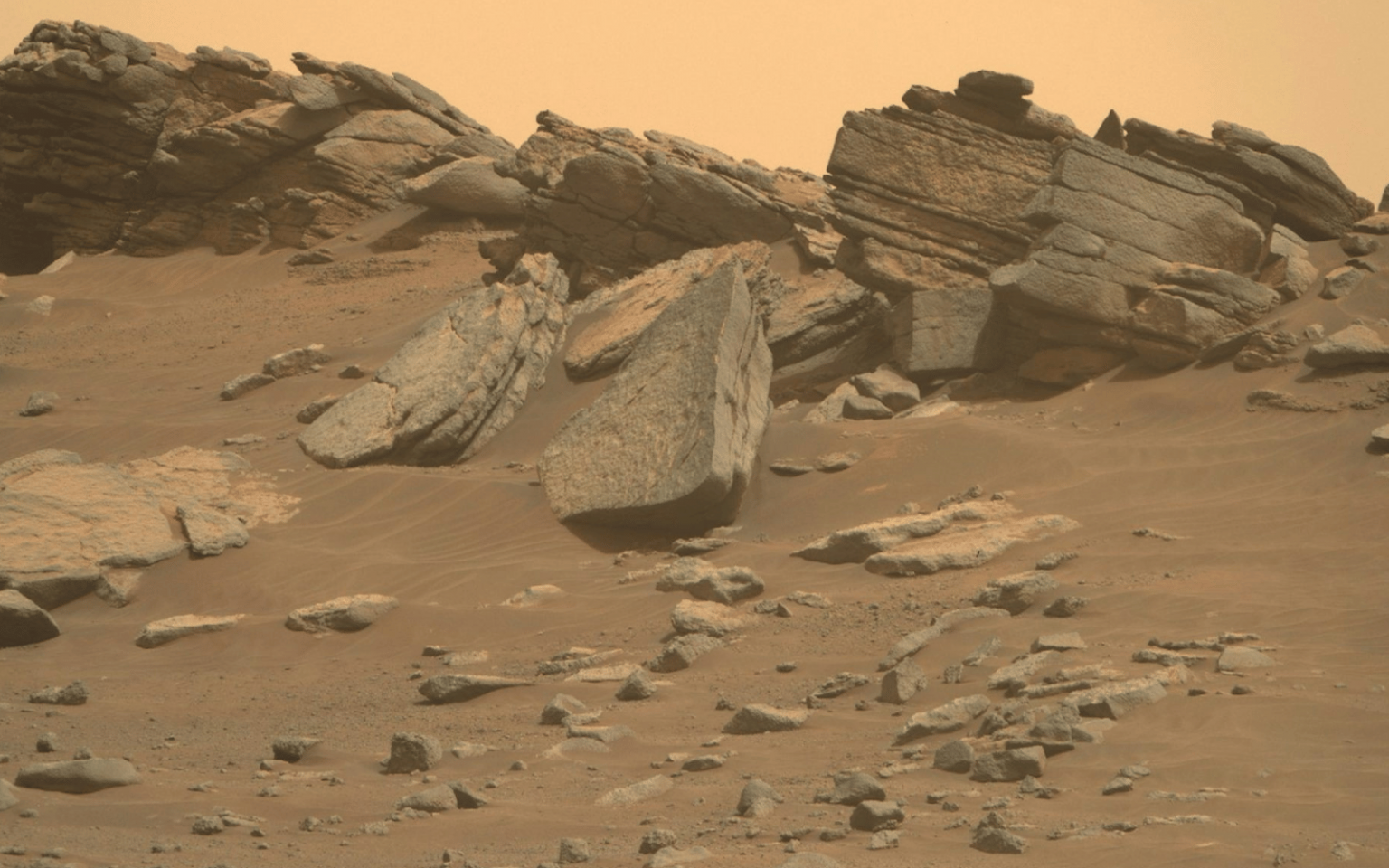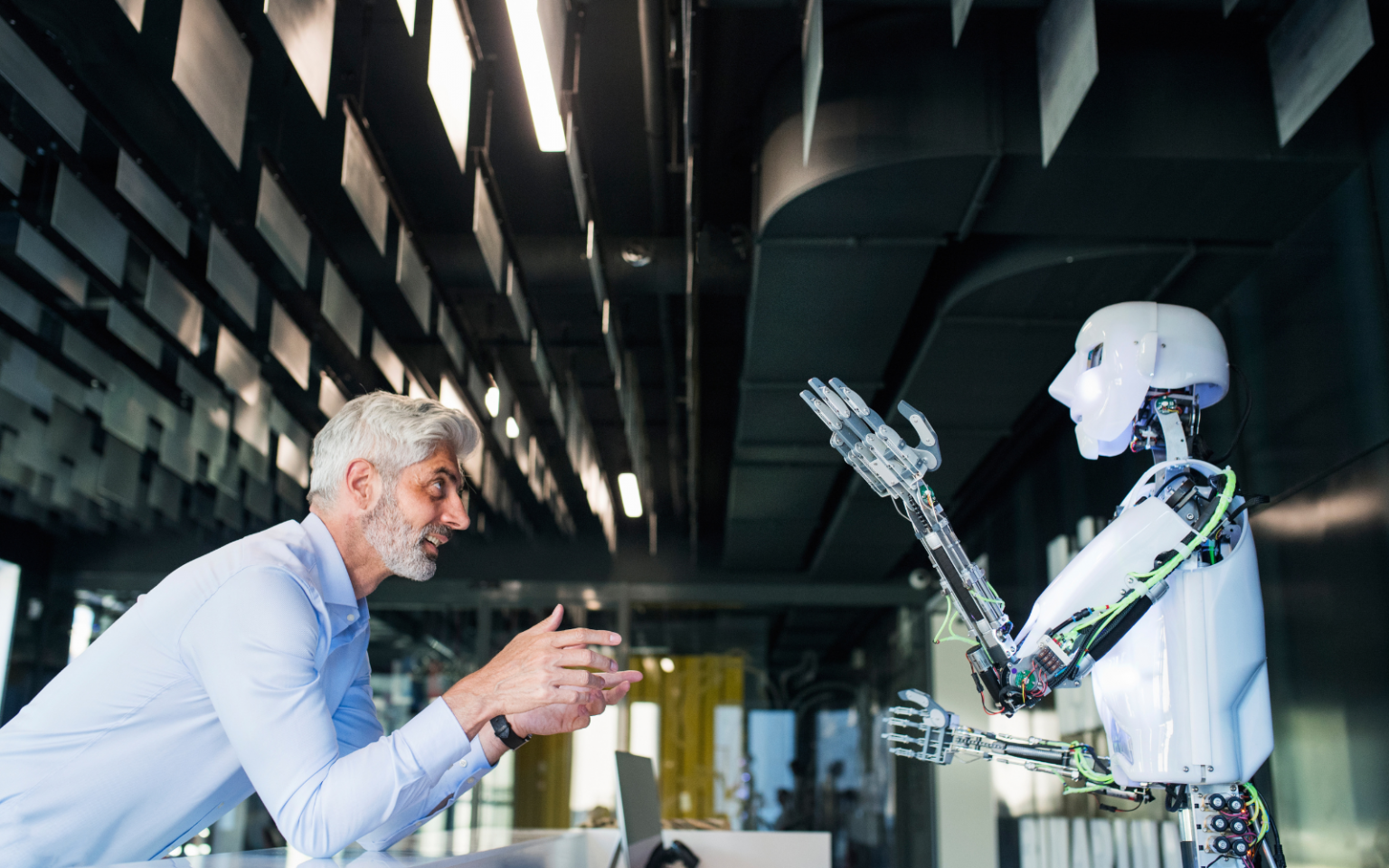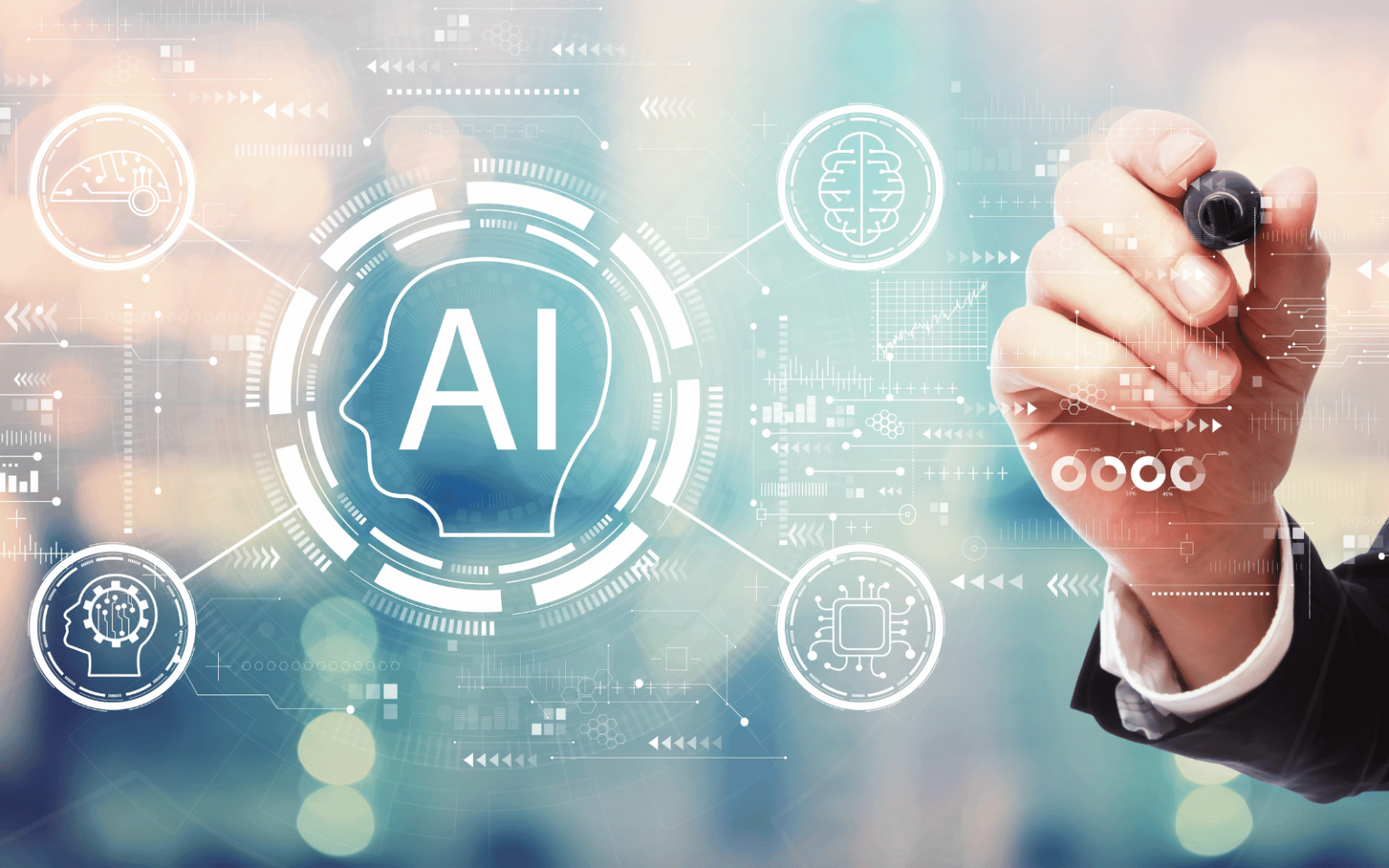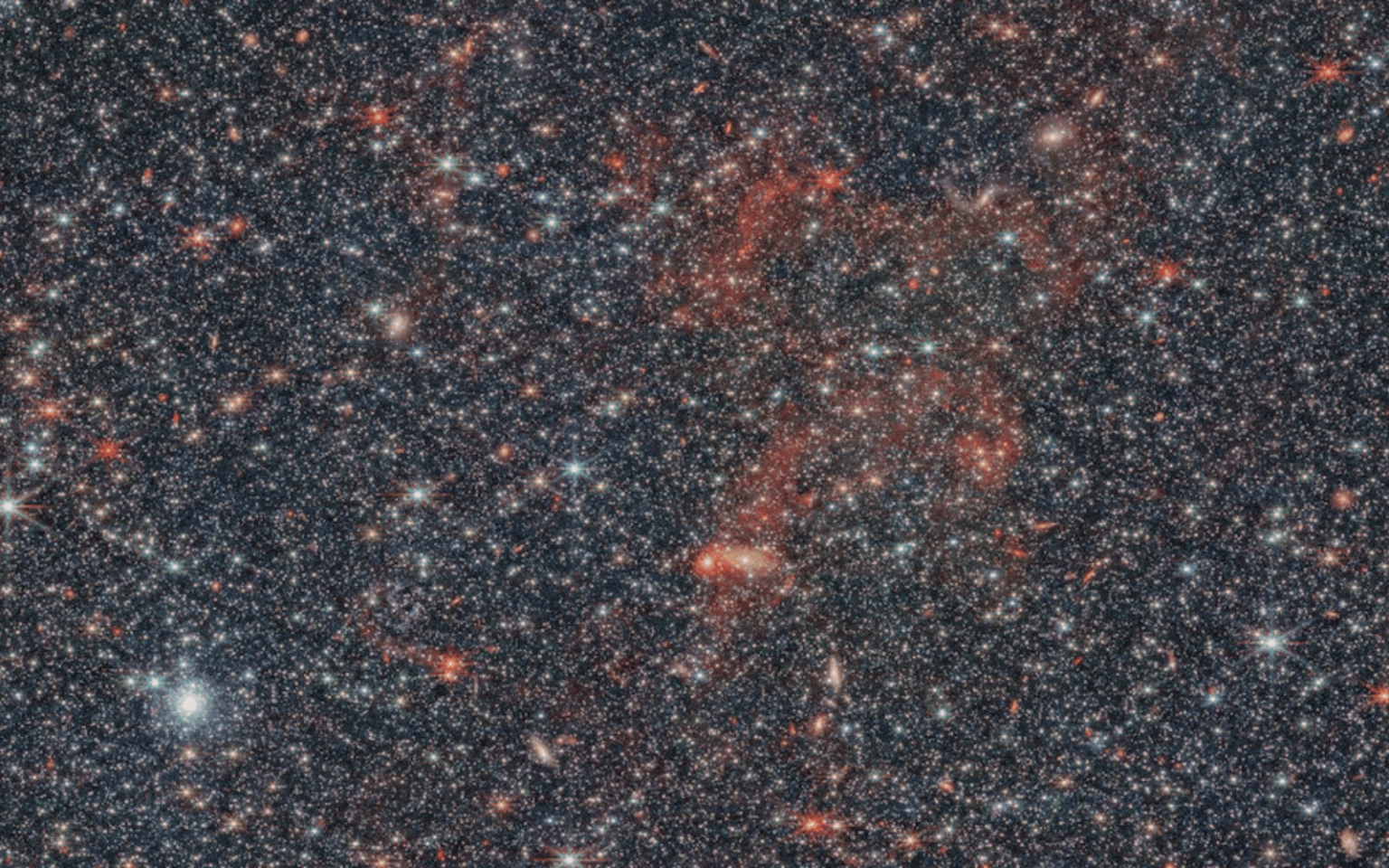Albert Einstein’s theory of gravity, general relativity, is famously incomplete. As proven by physics Nobel laureate Roger Penrose, when matter collapses under its own gravitational pull, the result is a “singularity” – a point of infinite density or curvature. At a singularity, space, time and matter are crushed and stretched into nonexistence. The laws of physics as we know them suffer a complete breakdown. If we could observe singularities, our physical theories couldn’t be used to predict the future from the past. In other words, science would become an impossibility. Penrose also realised nature may hold a remedy for this fate –…
Author: The Conversation
Artificial intelligence (AI) is revolutionizing the way companies market their products, enabling them to target consumers in personalized and interactive ways that not long ago seemed like the realm of science fiction. Marketers use AI-powered algorithms to scour vast amounts of data that reveal individual preferences with unrivalled accuracy. This allows companies to precisely target content – ads, emails, social media posts – that feels tailor-made and helps cultivate companies’ relationships with consumers. As a researcher who studies technology in marketing, I joined several colleagues in conducting new research that shows AI marketing overwhelmingly neglects its potential negative consequences. Our peer-reviewed study reviewed 290…
Water is ubiquitous on Earth – about 70% of Earth’s surface is covered by the stuff. Water is in the air, on the surface and inside rocks. Geologic evidence suggests water has been stable on Earth since about 4.3 billion years ago. The history of water on early Mars is less certain. Determining when water first appeared, where and for how long, are all burning questions that drive Mars exploration. If Mars was once habitable, some amount of water was required. We studied the mineral zircon in a meteorite from Mars and found evidence that water was present when the zircon crystal…
Anthropomorphism occurs when we attribute human characteristics to non-human entities like animals or machines. Chatbots, such as ChatGPT, Gemini and Copilot, encourage this by imitating human language to communicate with us, going beyond using mere familiar words and phrases to adopt human patterns of communication. By doing this, they are able to hold contextualised, coherent conversations, and can even show emotions like humour and empathy. These systems use language that aims to make interaction with them feel natural, fluent and accessible. It facilitates their use in different situations, from customer service to education and entertainment. Until now, language was considered to be…
After Elon Musk bought Twitter (now rebranded X) in 2022, disaffected users began to seek alternatives. Alongside Meta’s Threads and the open-source project Mastodon, Bluesky was one of several contenders. Threads benefited from Meta’s existing user base but have failed to capture the popular imagination. Mastodon has proven complicated and difficult to grasp for most ordinary users and so use remains fragmented. Bluesky seemed promising but was in invite-only mode at the time and growth was muted. But in recent weeks, the migration to Bluesky from X seems to have reached a tipping point, as large parts of the user community finally got fed up…
OpenAI recently unveiled its latest artificial intelligence (AI) models, o1-preview and o1-mini (also referred to as “Strawberry”), claiming a significant leap in the reasoning capabilities of large language models (the technology behind Strawberry and OpenAI’s ChatGPT). While the release of Strawberry generated excitement, it also raised critical questions about its novelty, efficacy and potential risks. Central to this is the model’s ability to employ “chain-of-thought reasoning” – a method similar to a human using a scratchpad, or notepad, to write down intermediate steps when solving a problem. Chain-of-thought reasoning mirrors human problem-solving by breaking down complex tasks into simpler, manageable sub-tasks. The use of scratchpad-like…
Gamification is rapidly reshaping how people consume information and engage with the world. It uses strategies such as clear goals, instant rewards and engaging visuals to make everyday tasks more enjoyable, often in a digital setting. The COVID-19 pandemic nudged consumers to embrace no-contact, instant gratification experiences in an increasingly digital world. Businesses found that gamification attracts new customers while keeping the existing ones engaged. As evidenced by the meteoric rise of the Robinhood investment app, even trading platforms haven’t been able to escape the pull of gamification. While trading gamification attracts new and younger investors to financial markets, a key question arises: do…
The giant Secunda complex of Sasol, South Africa’s biggest chemicals and energy company, provides the fundamental ingredients to South Africa’s petrochemical sector. It produces petrochemicals, plastics, chemicals essential to key industries such as agriculture (fertilisers) and mining (explosives), and 30% of the country’s liquid fuels. These value chains are very important to the economy. In 2021, this output accounted for 2.6% of GDP directly and 5.2% indirectly. Sasol also employs more than 28,000 South Africans. It makes significant contributions to corporate taxes, wages, and social investment. It sustains a whole town built specifically for its Secunda workforce. Sasol’s Secunda facilities are rare and interesting. Firstly,…
On Sunday, November 23 1924, 100 years ago this month, readers perusing page six of the New York Times would have found an intriguing article, amid several large adverts for fur coats. The headline read: Finds Spiral Nebulae are Stellar Systems: “Dr Hubbell Confirms View That They Are ‘Island Universes’; Similar to Our Own”. The American astronomer at the centre of the article, Dr Edwin Powell Hubble, was probably bemused by the misspelling of his name. But the story detailed a groundbreaking discovery: Hubble had found that two spiral-shaped nebulae, objects made up of gas and stars, which were previously thought to…
In late 2024, more than 20 years after the birth of Facebook, the impact of social media on our lives cannot be overstated. Initially underestimated by many in business, social media eventually came to be recognised for its power to enable workers to share solutions, ideas and perspectives. While companies took time to see their potential, younger generations have been living part of their lives through social platforms for years. A 2023 Pew Research Center survey reveals that a majority of US youth aged 13 to 17 visit YouTube, TikTok and Snapchat at least “about once a day”, with roughly 15% saying…










